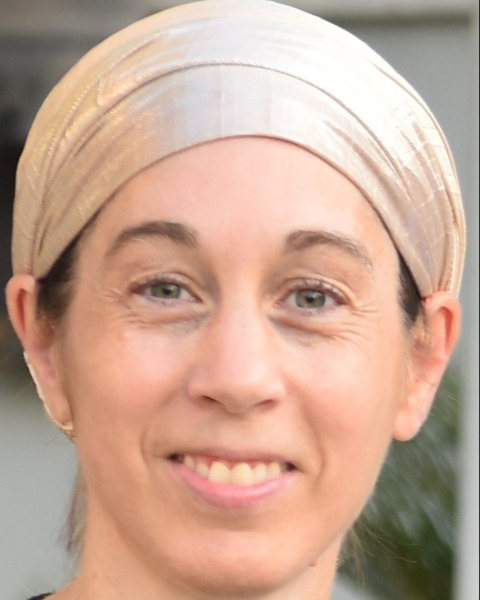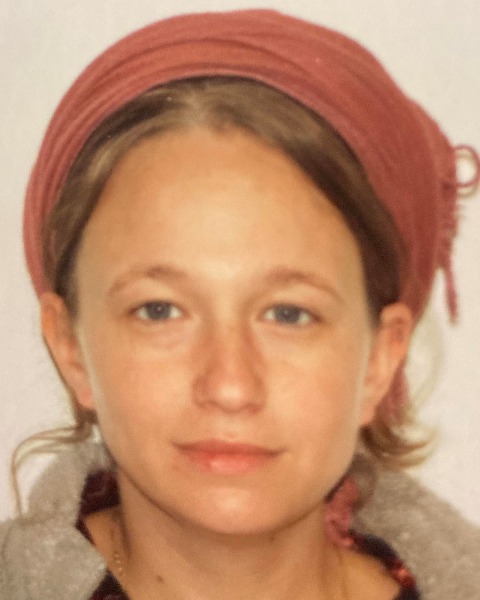Category: Obstetric Quality and Safety
Poster Session II
(618) The Implementation of the Self-Determination Theory (SDT) in the Prediction of a Successful TOLAC
When counseling parturient with a previous Cesarean Section (CS) regarding the preferred route of delivery clinicians need to consider avoiding unnecessary CS on the one hand along with avoiding a failed trial of labor after CS (TOLAC) and its complications on the other hand.
The Self-Determination Theory (SDT) represents a framework for studying human motivation, which is an important factor in the study health and health behavior.
We aimed to evaluate the impact of motivation on TOLAC success along with known clinical predictors.
Study Design:
A cross sectional study of pregnant women was conducted from March to June 2022 in a large university medical center. A total of 128 parturient with a previous CS and without contra-indications to deliver vaginally have completed a self-reported questionnaire measuring their motivation for delivering vaginally. The outcome measure was mode of delivery.
T-test was calculated for independent samples. Logistic regression models were constructed to investigate whether women's quality of motivation predicts mode of delivery.
Results:
The analyses reviled a significant difference in women's a-motivation (t=1.98, p=.05), desire for a good recovery (t=2.39, p=.01), and the sense of competence (t=2.24, p=.04) between women with and without a successful TOLAC. No significant differences were found between the groups in women's autonomous or controlled motivation.
After controlling for past vaginal deliveries, maternal diabetes, maternal and neonatal weight, and parity logistic regression models indicate that sense of competence, desire for a good recovery and maternal diabetes were significant predictors for the mode of delivery (χ2(9)=28.73, p< 0.001, Nagelkerke R2=0.34).
Conclusion:
Our findings reviled that sense of competence, desire for a good recovery and maternal diabetes are significant predictors for a successful TOLAC.

Tamar Eshkoli, MD
Senior
Department of Obstetrics and Gynecology, Soroka University Medical Center, Faculty of Health Sciences, Ben-Gurion University of the Negev, Beer-Sheva
Beer Sheva, HaDarom, Israel, Israel
Yael Reicher, MD
Soroka University Hospital
Givat shmuel, HaMerkaz, Israel- HH
Hadar Hay-Azogui, MD, MSc
Department of Obstetrics and Gynecology, Soroka University Medical Center, Faculty of Health Sciences, Ben-Gurion University of the Negev, Beer-Sheva
Beer Sheva, HaDarom, Israel, Israel - RC
Rinat Cohen, PhD
Department of Education, Ben Gurion University
Beer Sheva, HaDarom, Israel, Israel - ZY
Zehava Yohay, RN
Soroka University Medical Center
Beer Sheva, Israel, Israel - DE
Debi Elharar, MHA, RN
Department of Obstetrics and Gynecology, Soroka University Medical Center, Faculty of Health Sci-ences, Ben-Gurion University of the Negev
Beer Sheva, HaDarom, Israel, Israel .jpg)
Neriya Yohay, BA
Hebrew University of Jerusalem
Jerusalem, Yerushalayim, Israel
Ari Weiss, MD, MPH (he/him/his)
Shaare Zedek Medical Center, affiliated with the Hebrew University School of Medicine
Jerusalem, Yerushalayim, Israel- AA
Avi Assor, PhD
Department of Education, Ben-Gurion University of the Negev
Beer Sheva, HaDarom, Israel, Israel - AW
Adi Y. Weintraub, MD
Department of Obstetrics and Gynecology, Soroka University Medical Center, Faculty of Health Sciences, Ben-Gurion University of the Negev
Beer Sheva, Israel, Israel

.png)
